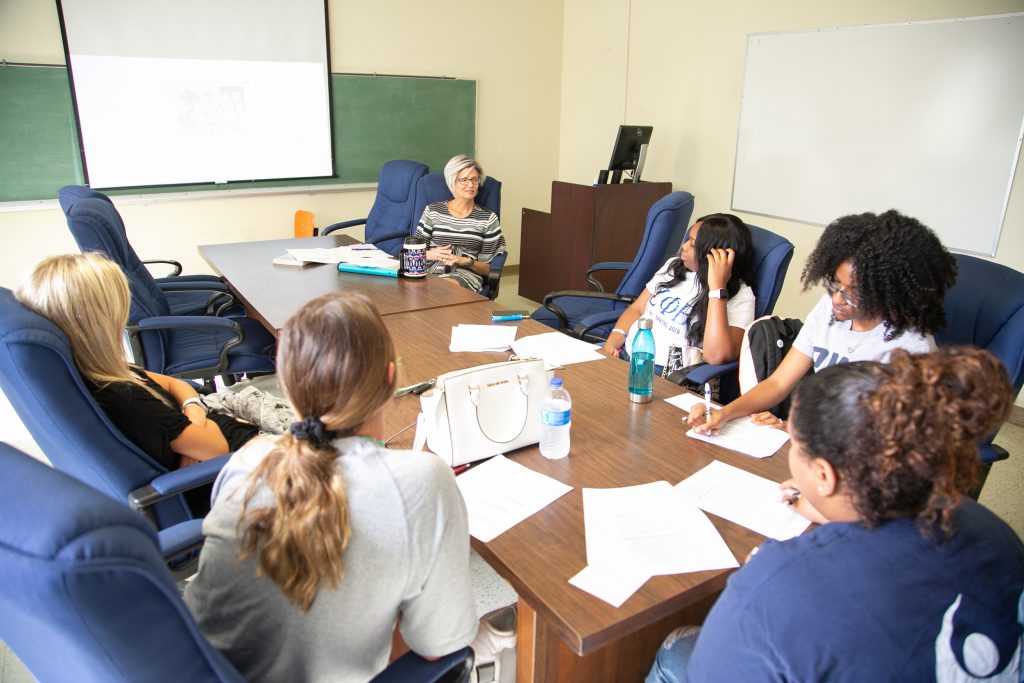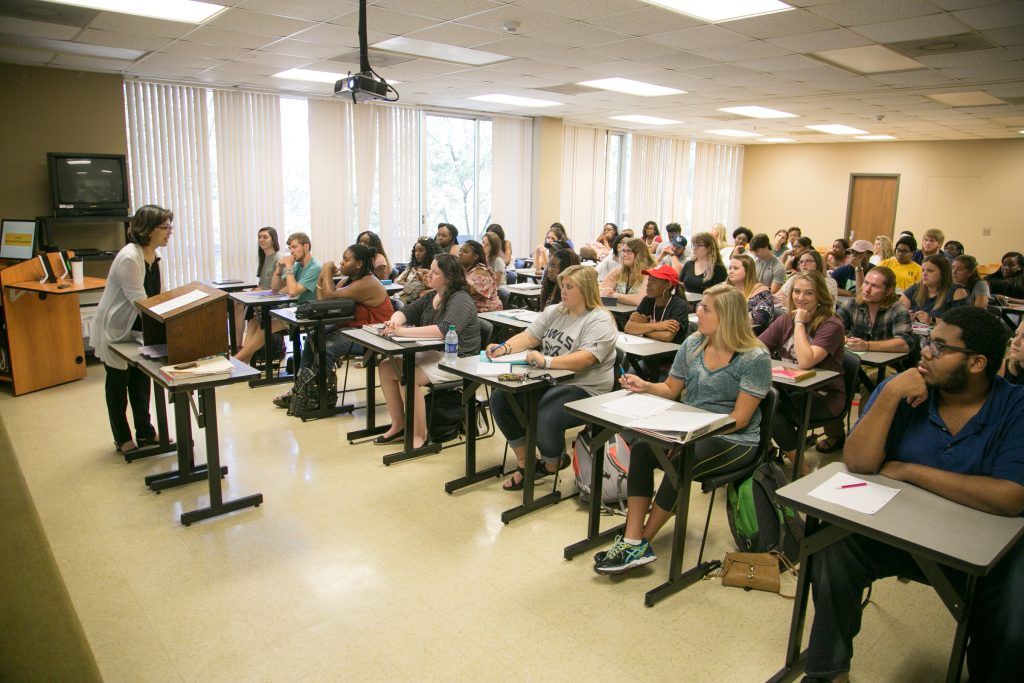MAJORS

Family Science
Family Science is a major based on social sciences that focuses on the study of families, couples, and communities. It takes a holistic approach to family life. Courses in Family Science include Family Resource Management, Human Growth & Development, Family Policy, Family/Parent Education, and research, theory, and practice. Students in this major learn about issues that families face in today's society, such as poverty, violence, and substance abuse. They also gain skills in communication, problem-solving, and conflict resolution that can help them work with families to create positive outcomes.

Psychology
The Psychology major is a comprehensive field of study that provides a strong foundation in the scientific principles of social and behavioral science. Students learn about research design, data analysis, and theory in order to understand how research, theory, and practice are related. This knowledge can be applied to various settings such as clinical, educational, and organizational psychology. Through coursework, practical experiences, and internships, students gain an understanding of the development of psychological principles and their application to real-world situations.
What's the Difference?
Family Science and Psychology are two distinct majors offered within our department. While both majors are considered social sciences, and all students in the department complete coursework in research methods and statistics, there are differences between the two fields.
Family science is an applied social science discipline that is geared to helping individuals and families establish well-being. This major covers various topics, including family resource management, human growth and development, family policy, and parent education. Students acquire skills to address issues such as poverty, violence, and substance abuse that families face in contemporary society, as well as skills in communication, problem-solving, and conflict resolution. Our graduates are prepared for work in the field with a bachelor’s degree through coursework, practical experiences including simulation training, and a required 280-hour internship; recent graduates have attended graduate school in social work, marriage and family therapy, school counseling, and substance abuse rehabilitation counseling. Our coursework also meets the requirements for Provisional Certified Family Life Educator (CFLE-P) certification, for which our students can apply during their last term at The W.
On the other hand, the undergraduate major in psychology prepares students for graduate study in mental health areas (e.g., counseling) and in experimental cognitive, developmental, and social psychology—the specializations of our current psychology faculty. Students who seek employment at the undergraduate level are prepared for work as a psychiatric technician or in applied behavioral analysis; other graduates work in business, marketing, and sales. Recent graduates of our program have been admitted to graduate programs in experimental cognitive psychology, counseling psychology, neuroscience, and applied behavioral analysis. Psychology coursework focuses on individuals’ minds and behaviors and includes courses such as cognitive psychology, persuasion and social influence, and child psychology.